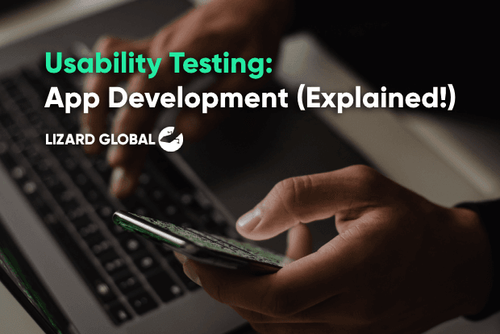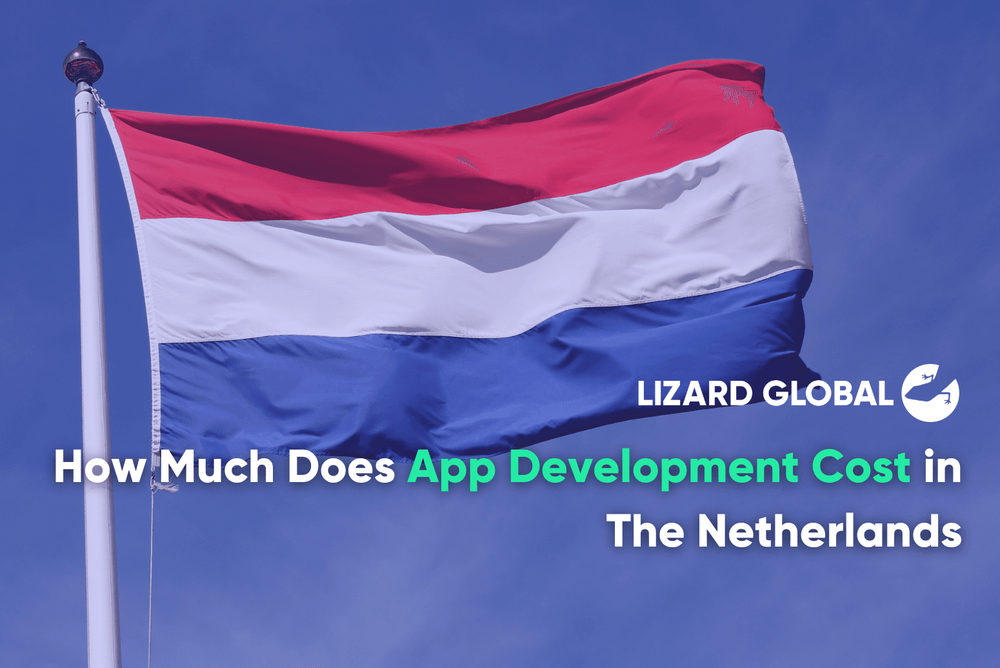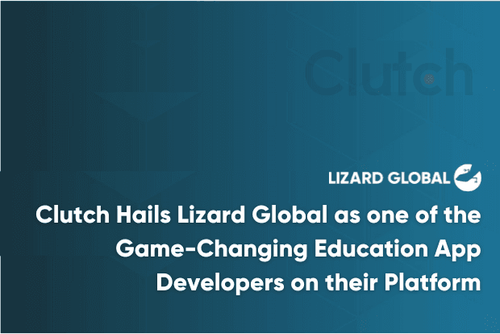AI and Machine Learning in Healthcare: Transforming the Future of Medicine
Get the latest updates about our blog posts.
Subscribe so you don’t miss out!
Key takeaways:
- AI is revolutionizing medical diagnosis by enhancing accuracy in detecting diseases through advanced imaging and pattern recognition techniques.
- AI in drug discovery accelerates the development process by predicting drug candidates, optimizing clinical trials, and identifying new uses for existing drugs.
- Personalized medicine is becoming a reality with AI-driven analysis of genomic and lifestyle data, allowing treatments tailored to individual patients.
The healthcare industry has been evolving at a rapid pace, with Artificial Intelligence (AI) and Machine Learning (ML) becoming key drivers of innovation. These technologies are revolutionizing how medical professionals diagnose, treat, and manage diseases, making healthcare more efficient and personalized. AI and ML have wide-ranging applications in medical diagnosis, drug discovery, and personalized medicine, providing both patients and practitioners with tools that improve accuracy, speed, and outcomes.
In this deep dive, we’ll explore how AI is being applied in various aspects of healthcare and why Lizard Global is the trusted partner to help organizations build AI-driven healthcare solutions.
How AI is Revolutionizing Medical Diagnosis
One of the most prominent applications of AI in healthcare is medical diagnosis. The traditional diagnostic process is time-consuming and can be prone to human error, especially when dealing with complex diseases like cancer or neurological disorders.
AI enhances diagnostic accuracy through advanced image recognition and pattern detection techniques, drastically improving patient outcomes.
Want to find out how much it costs to build your dream app or web app?
AI-Powered Diagnostic Tools
AI-driven diagnostic tools leverage vast amounts of medical data to analyze patient symptoms, lab results, and imaging scans. These tools can detect subtle anomalies that might be missed by the human eye, leading to earlier detection of conditions such as cancer, heart disease, and diabetes. For example:
- Medical Imaging: AI algorithms are being trained to interpret radiological scans, such as X-rays, MRIs, and CT scans, with remarkable accuracy. Deep learning models can detect tumors, fractures, or abnormal growths faster and more accurately than traditional methods.
- Pathology: AI is also playing a pivotal role in pathology, where it is used to analyze tissue samples. AI systems can identify malignant cells and classify them more accurately than manual examination, helping pathologists make more informed decisions.
- Virtual Health Assistants: AI chatbots and virtual assistants can offer preliminary diagnosis based on patients' symptoms. These tools streamline the preliminary assessment process, enabling quicker access to appropriate care.
Examples of AI in Diagnosis
IBM Watson Health: Watson Health has partnered with medical professionals to enhance clinical decision-making by analyzing patient data, medical literature, and historical cases. It is being used for oncology treatment planning and improving diagnostic accuracy.
Source: https://www.ibm.com/topics/artificial-intelligence-medicine
Google DeepMind: DeepMind’s AI algorithms have been used in eye disease detection, significantly outperforming human experts in identifying signs of diabetic retinopathy from retinal scans. Source: https://deepmind.google/discover/blog/using-ai-to-predict-retinal-disease-progression/
Should you consult an AI Expert? Read our blog What Is AI Consultancy? to find out!
Drug Discovery: Shortening the Development Cycle
AI and machine learning are dramatically reducing the time and cost associated with drug discovery. Traditionally, drug development takes years, often over a decade, with significant investment in research, clinical trials, and approval processes. AI is streamlining this process by identifying drug candidates more efficiently, predicting how drugs will interact with biological systems, and assisting with clinical trial design.
AI-Driven Drug Discovery
AI’s ability to process massive datasets is invaluable in identifying potential drug compounds. Machine learning models can predict molecular behavior, understand protein structures, and simulate how drugs will interact with the human body at the molecular level.
Here’s how AI is driving advancements in drug discovery:
- Identifying Drug Candidates: Machine learning models analyze data from thousands of compounds to predict which ones are most likely to be effective. AI tools are even identifying new uses for existing drugs, known as drug repurposing, which has been crucial in COVID-19 research.
- Clinical Trials Optimization: AI helps design better clinical trials by identifying optimal patient populations and predicting trial outcomes, reducing the chance of failure and expediting approval.
Examples of AI in Drug Discovery
Insilico Medicine: This AI-powered biotech company is revolutionizing drug discovery by using deep learning to identify new drug candidates in diseases like cancer and fibrosis.
Source: https://insilico.com/
BenevolentAI: BenevolentAI applies AI to extract knowledge from scientific literature and clinical data, accelerating the discovery of novel treatments for various diseases, including neurodegenerative disorders. Source: https://www.benevolent.com/
Did you know for the healthcare industry many big names are opting for Self-Hosted AI?
Personalized Medicine: Tailoring Treatment to the Individual
Personalized medicine has long been the goal of healthcare professionals, but AI is making it a reality. Personalized medicine involves tailoring medical treatment to the individual characteristics of each patient. AI helps analyze genetic, environmental, and lifestyle data to craft treatment plans that are unique to each patient, increasing the likelihood of successful outcomes.
AI’s Role in Personalized Healthcare
AI excels at processing large datasets, such as genomics data, and identifying patterns that can predict how a patient will respond to specific treatments. AI-driven models are already being used in:
- Genomic Analysis: AI analyzes genetic data to predict patient responses to treatment. This is particularly impactful in cancer treatment, where therapies like immunotherapy are designed based on a patient’s genetic profile.
- Predictive Analytics: AI can forecast the course of a disease in individual patients, allowing healthcare providers to implement preventive measures before symptoms worsen.
- Precision Treatment: AI algorithms use patient data (from electronic health records to genetic data) to recommend the best possible treatments for individuals. This is transforming the way chronic conditions, such as diabetes and cardiovascular diseases, are managed.
Examples of AI in Personalized Medicine
Tempus: Tempus uses AI and machine learning to analyze clinical and molecular data, providing personalized treatment options for cancer patients.
Source: https://www.tempus.com/
23andMe: The genomics company uses AI to interpret genetic data, helping individuals understand their predisposition to certain conditions and guiding personalized health decisions. Source: https://therapeutics.23andme.com/our-platform/
What type of AI Integrations should your business opt for? Find out here!
Why Lizard Global is the Go-To Company for AI in Healthcare
Building AI solutions, especially for a complex domain like healthcare, requires deep expertise in both AI technologies and healthcare systems. This is where Lizard Global excels.
- Expertise in AI Development: Lizard Global has a team of highly skilled professionals who specialize in building AI systems from scratch, tailored to your specific needs. Whether you are looking to develop AI-powered diagnostic tools or machine learning models for drug discovery, Lizard Global can provide cutting-edge solutions.
- Customized AI Solutions: Rather than offering one-size-fits-all AI products, Lizard Global develops bespoke AI solutions that address your unique challenges, ensuring maximum impact.
- End-to-End Services: From ideation to deployment, Lizard Global handles all stages of AI development, ensuring seamless integration into your healthcare systems.

If you’re looking to harness the power of AI to revolutionize your healthcare operations, Lizard Global is your ideal partner. With a deep understanding of both AI technologies and healthcare’s unique demands, Lizard Global can help you develop and deploy AI-driven solutions that deliver real results. Reach out to us today to learn more about how we can bring your AI healthcare vision to life.




